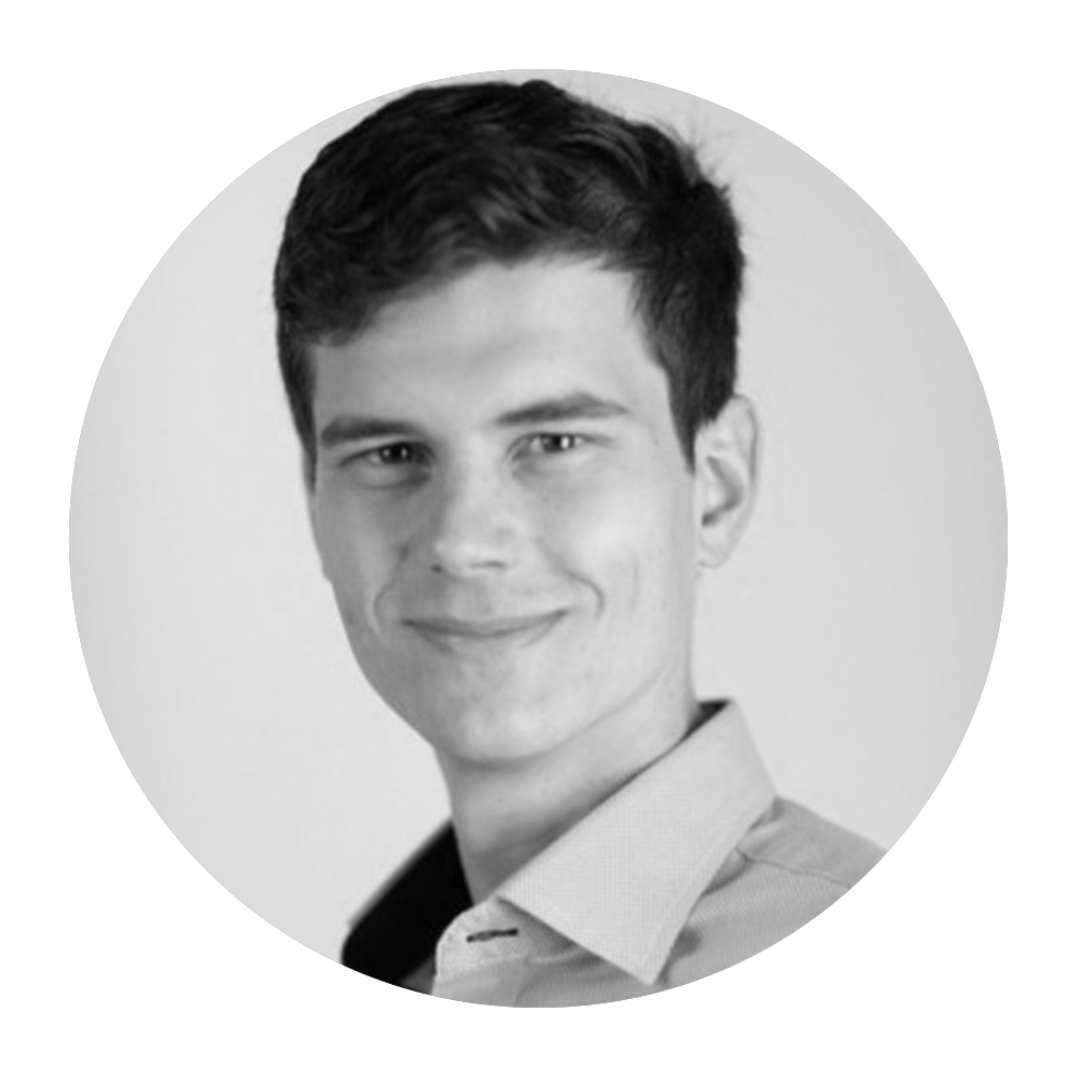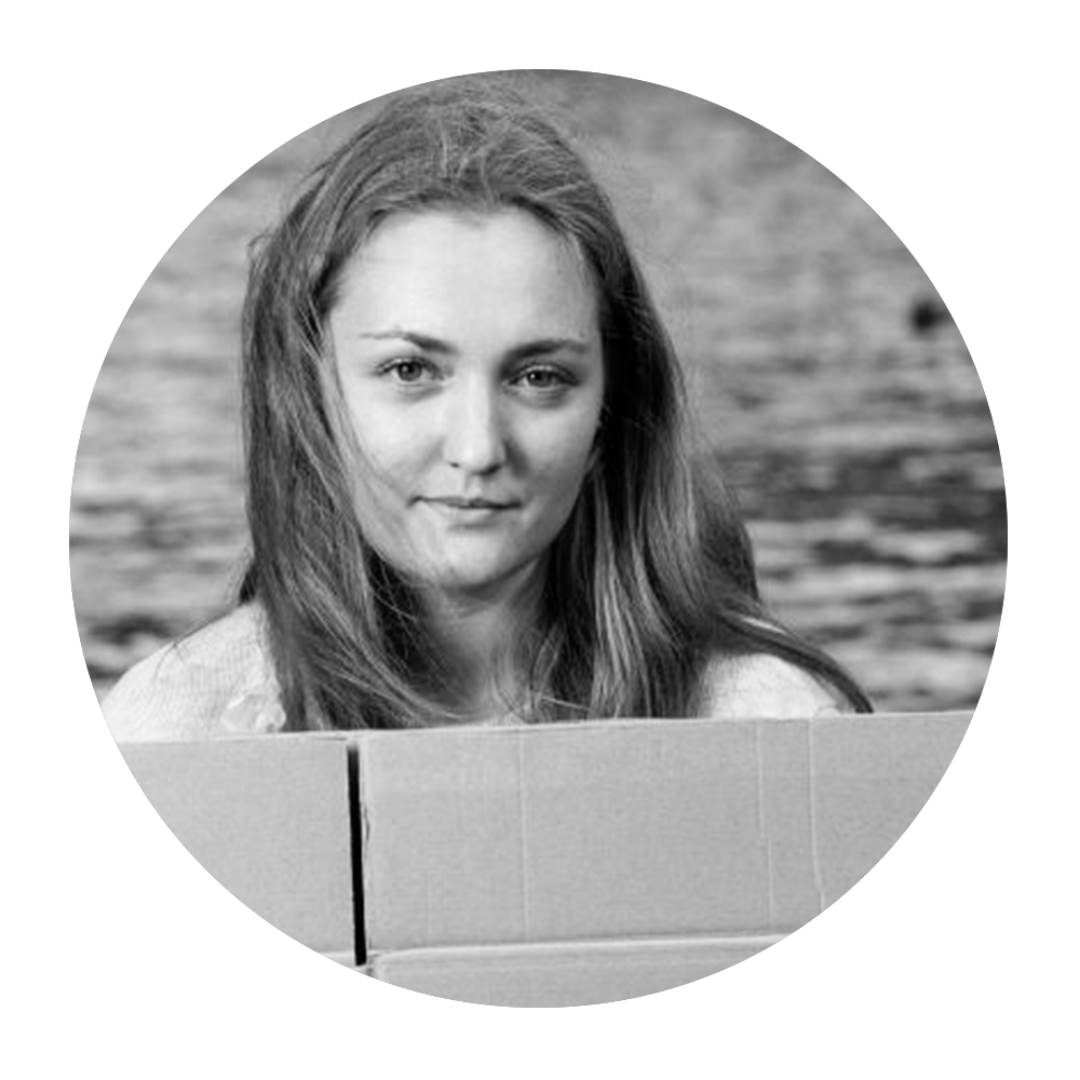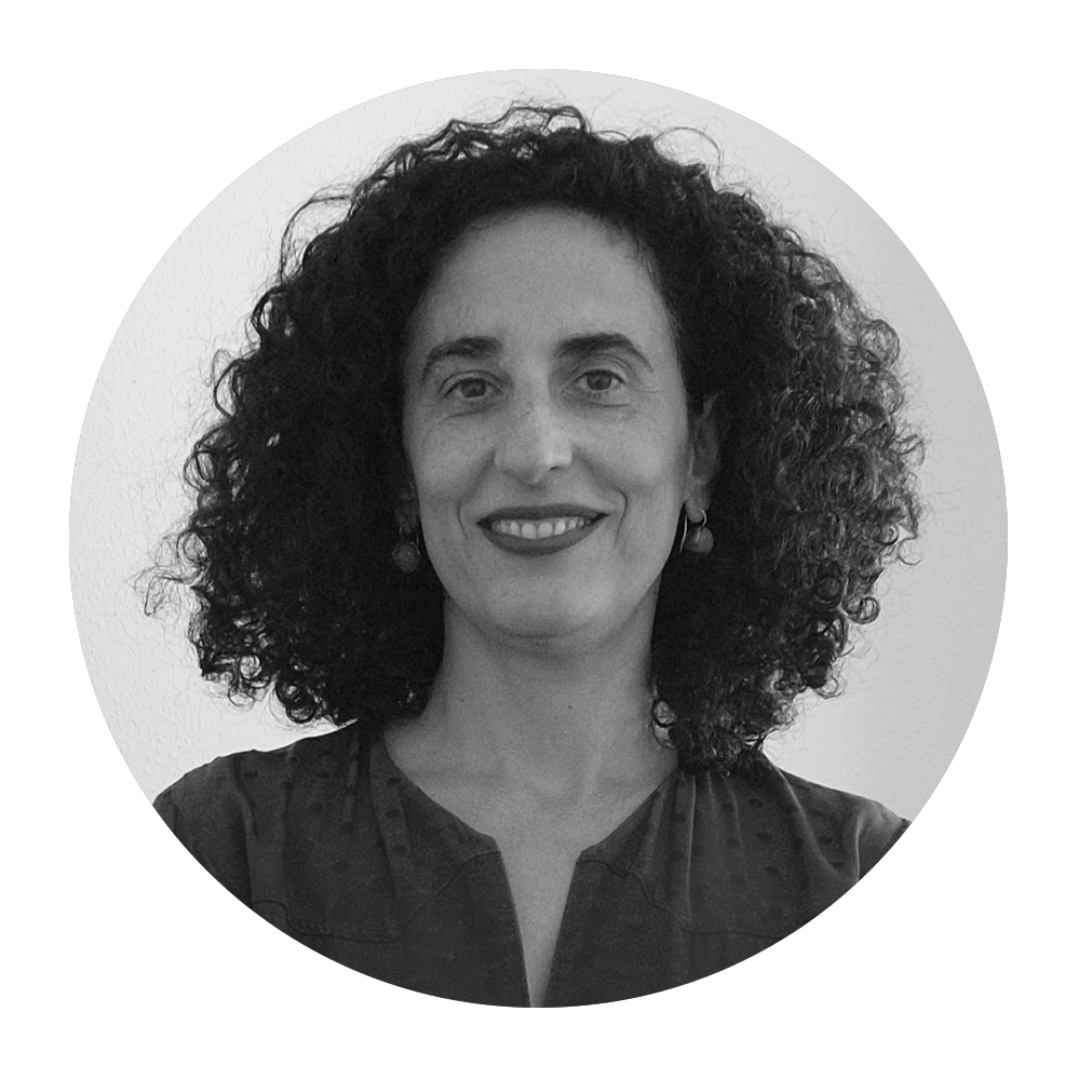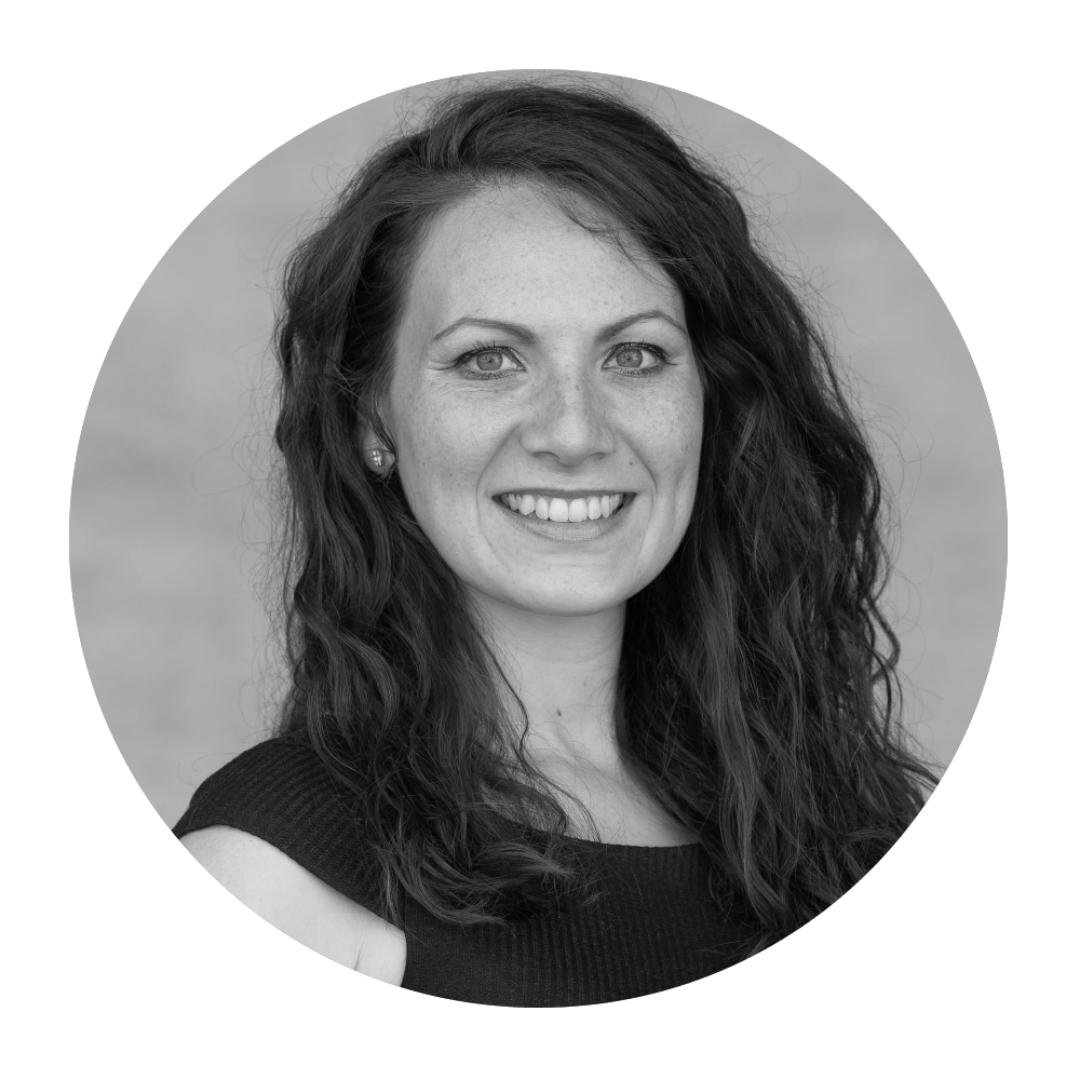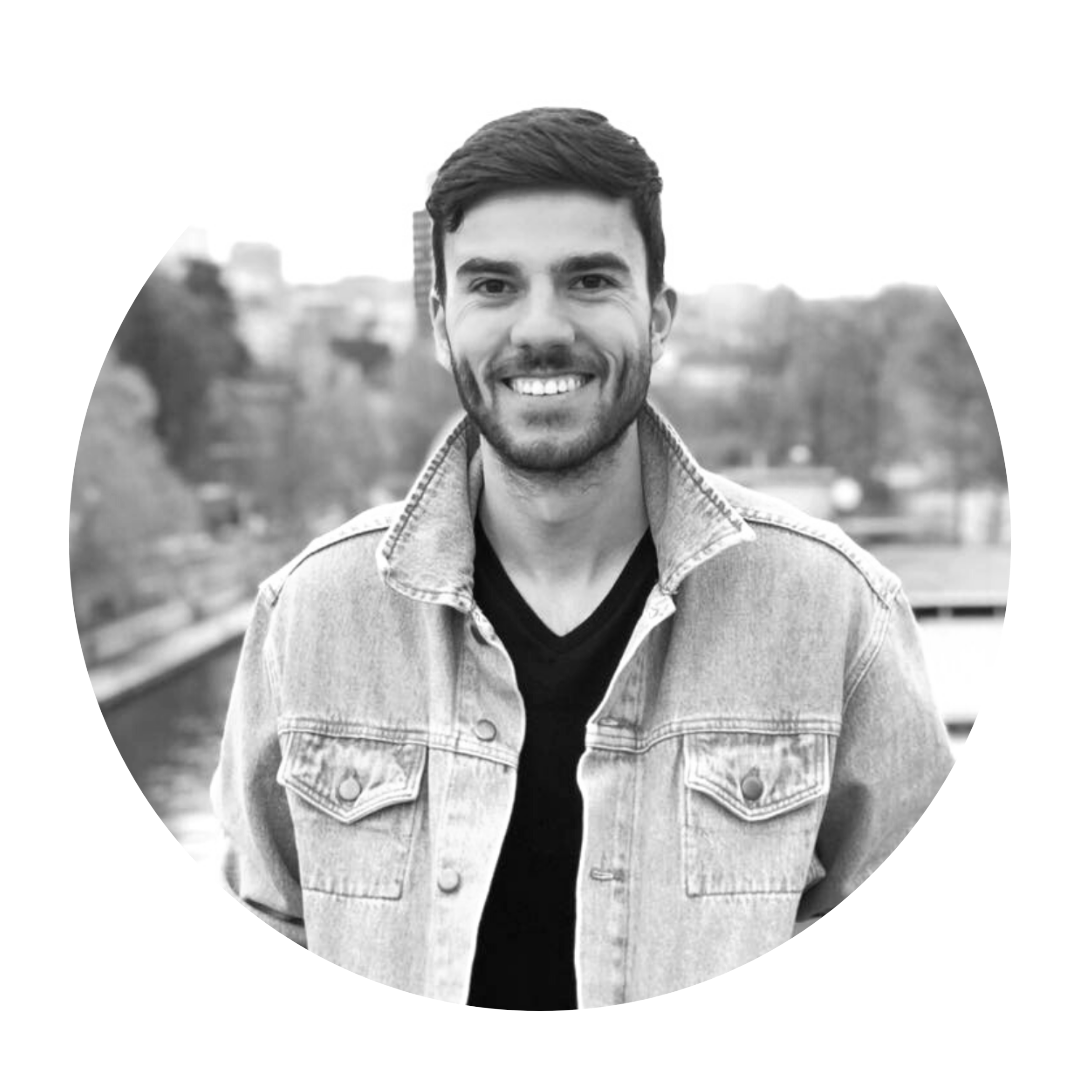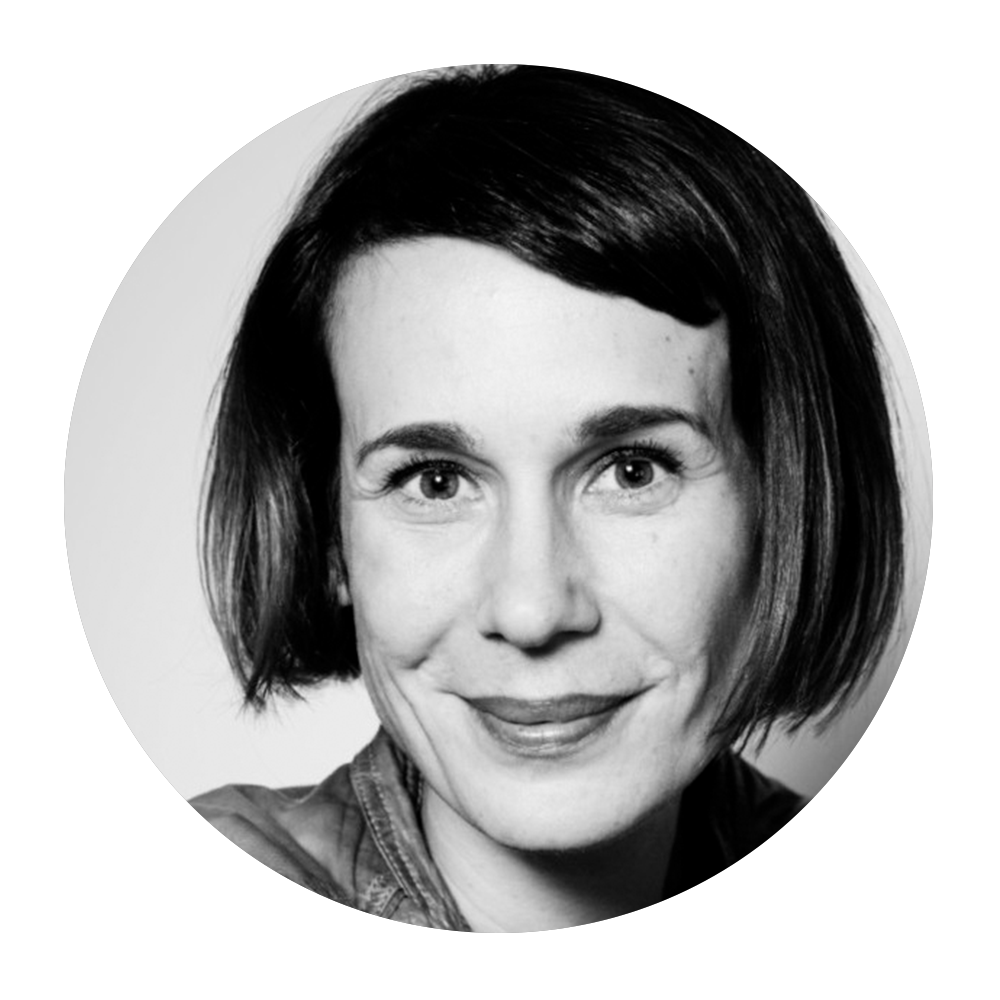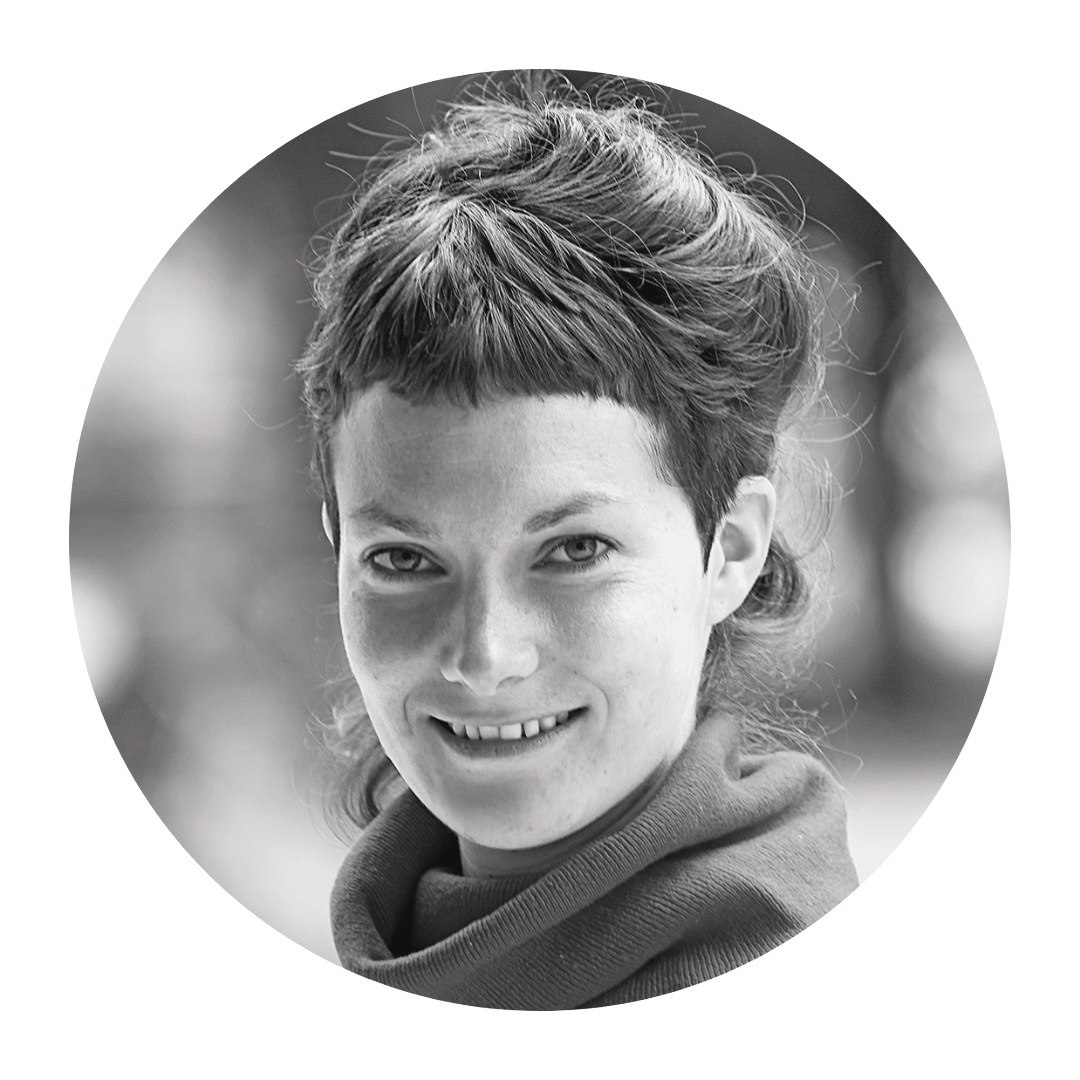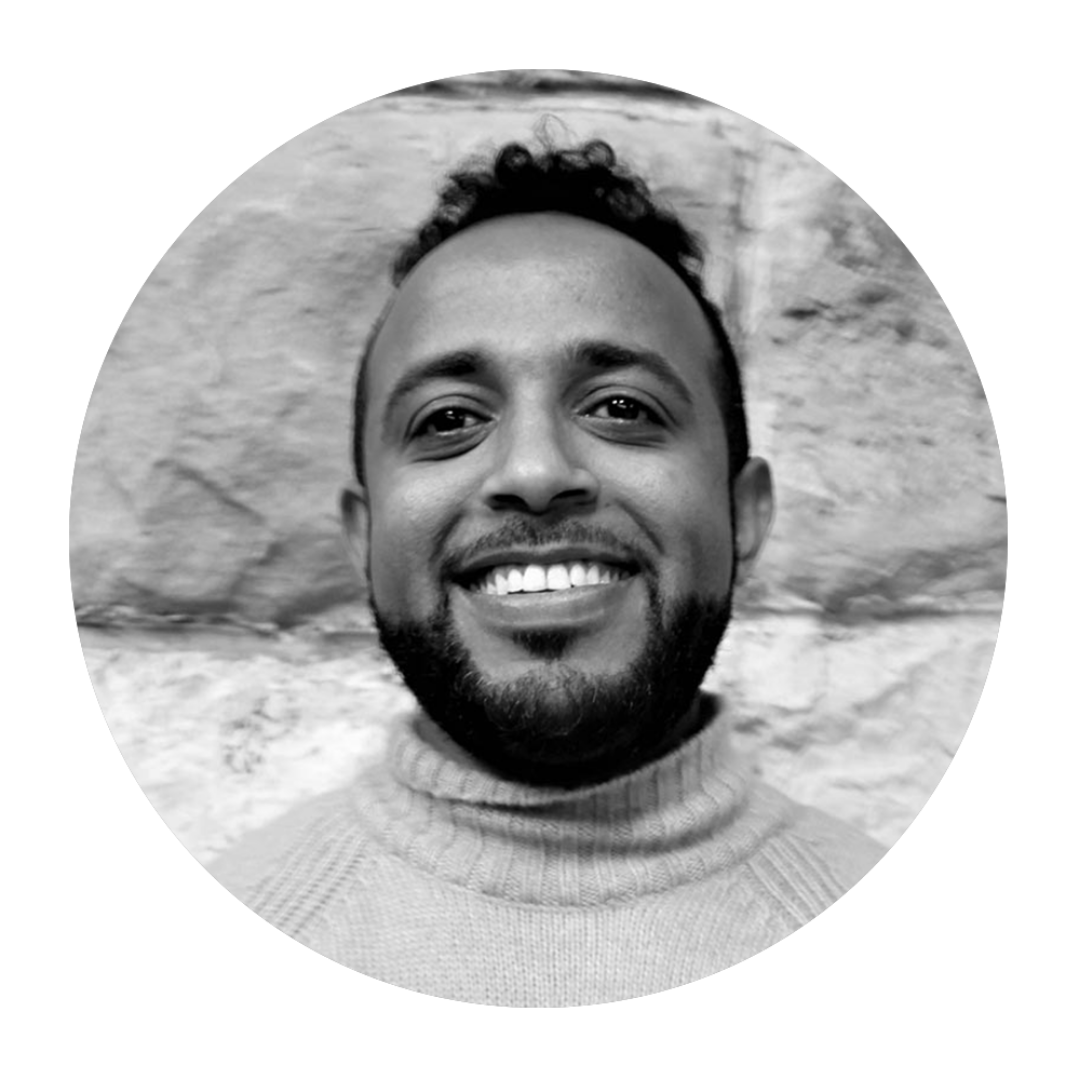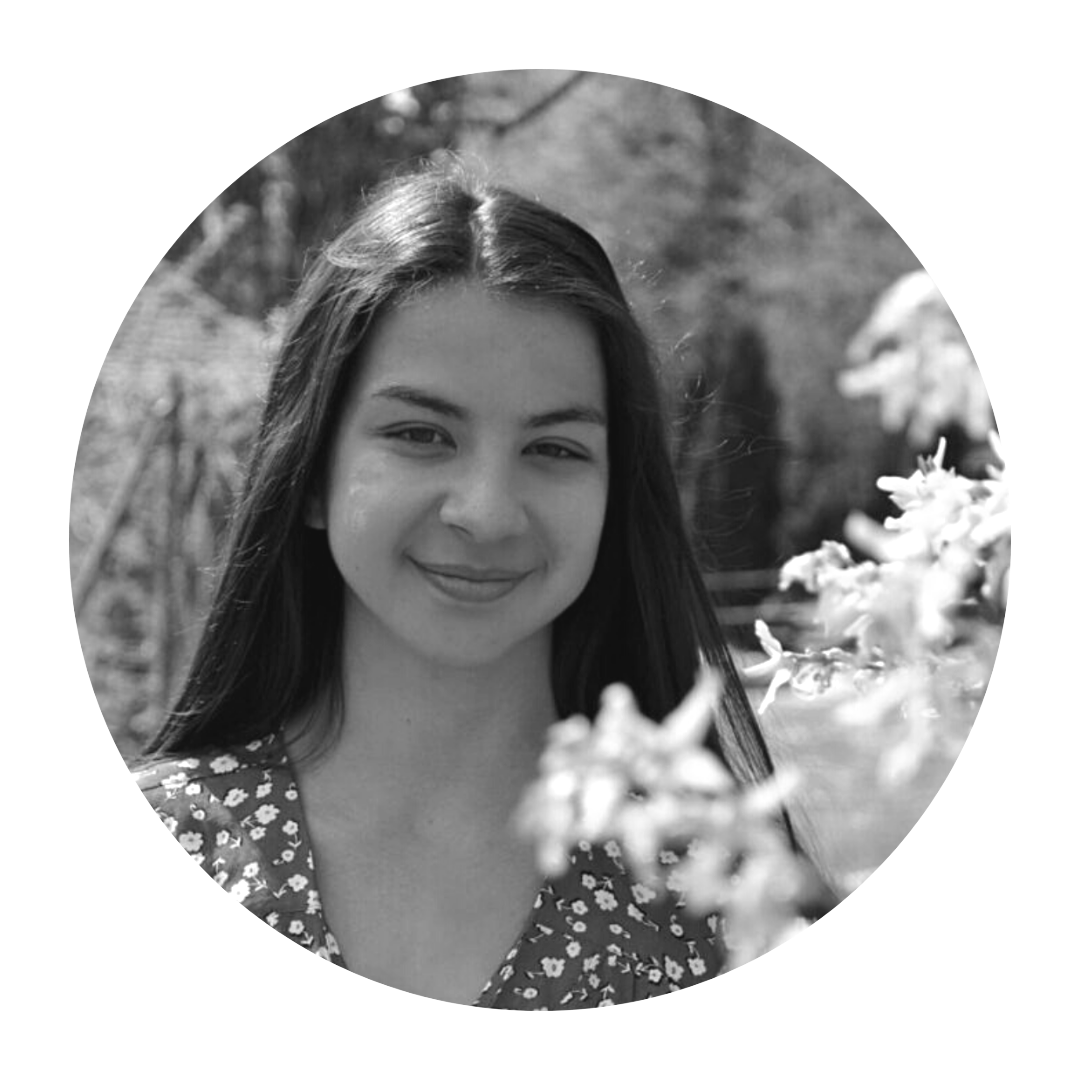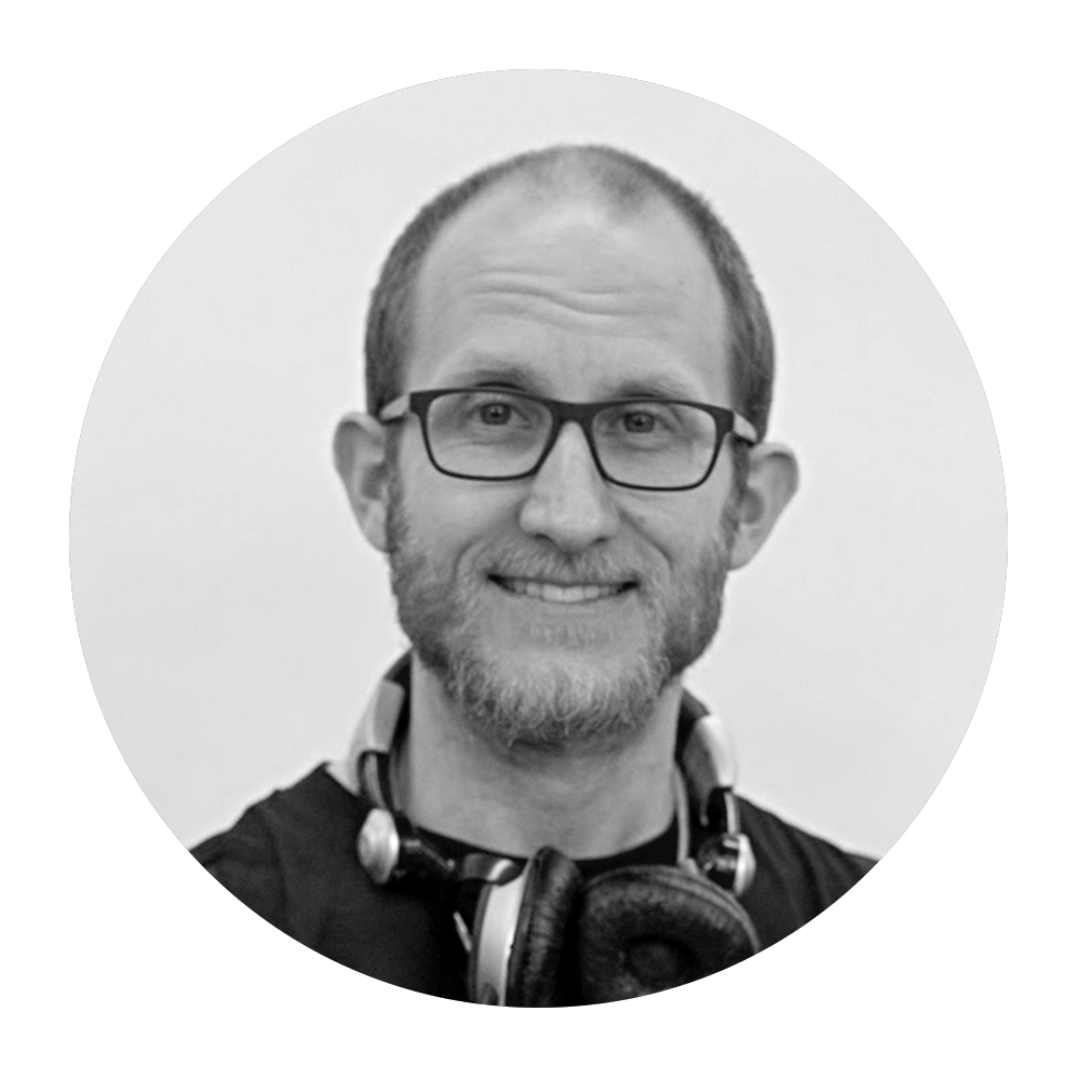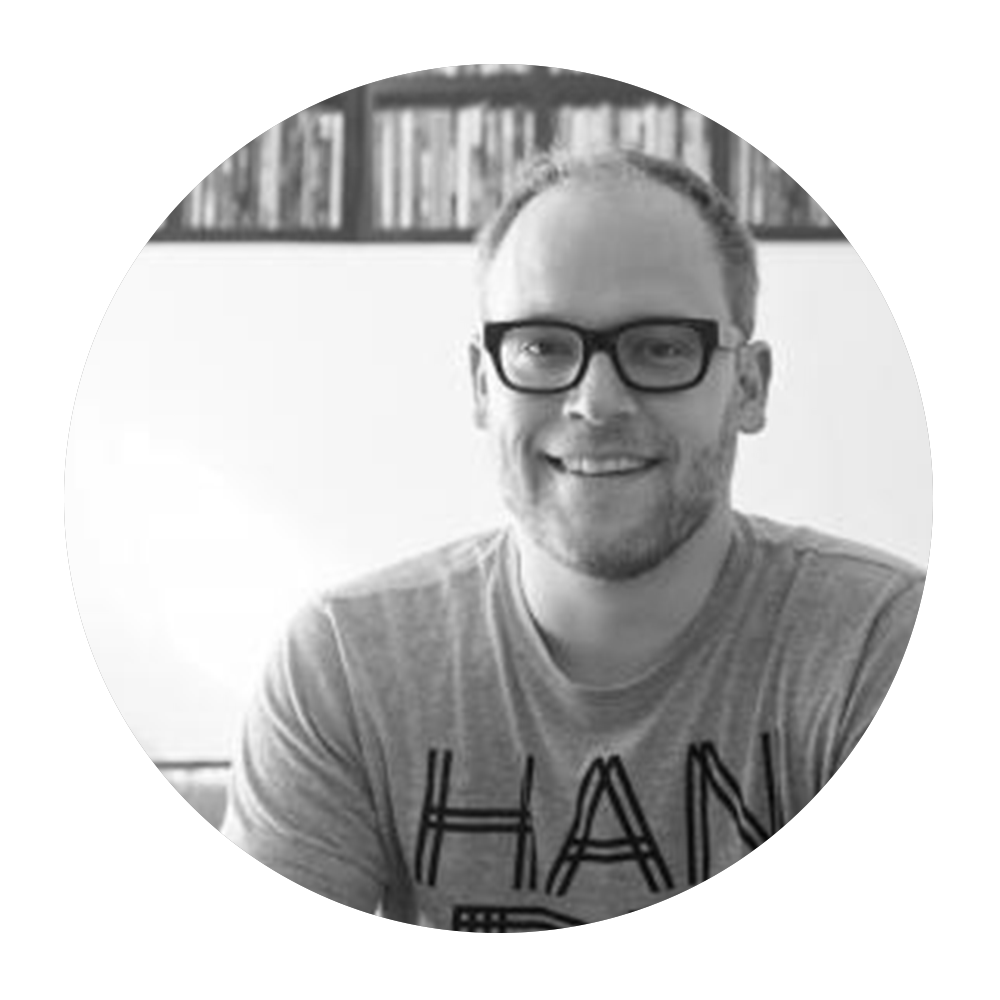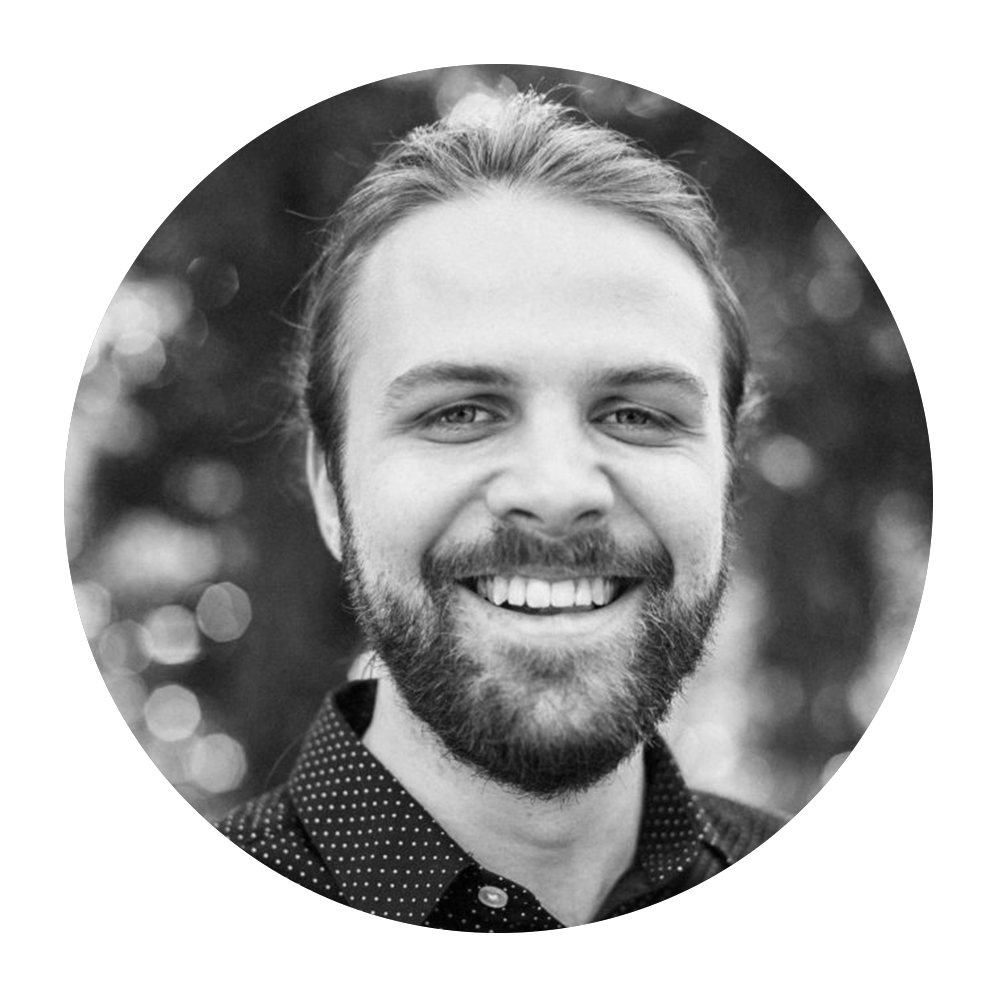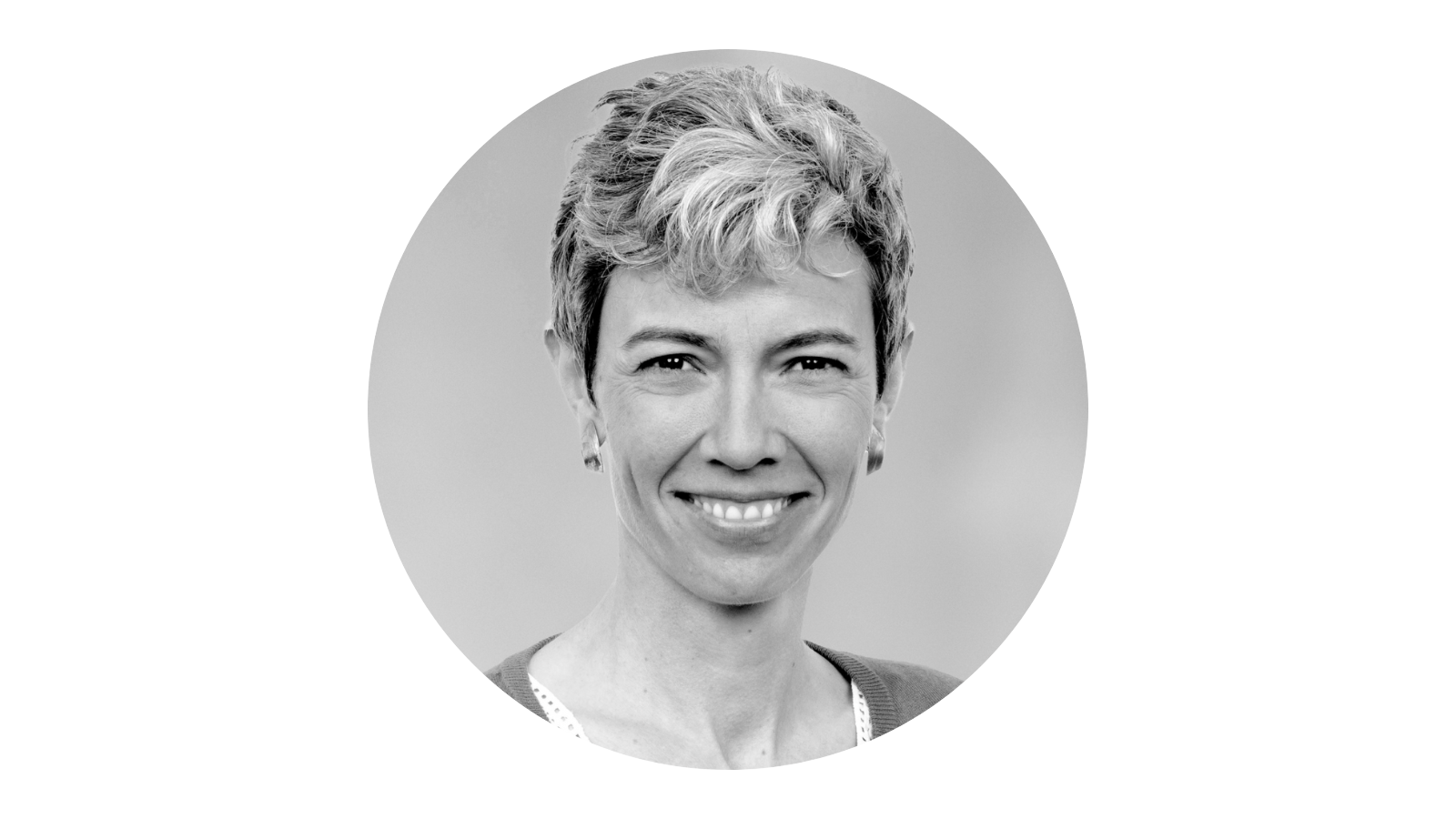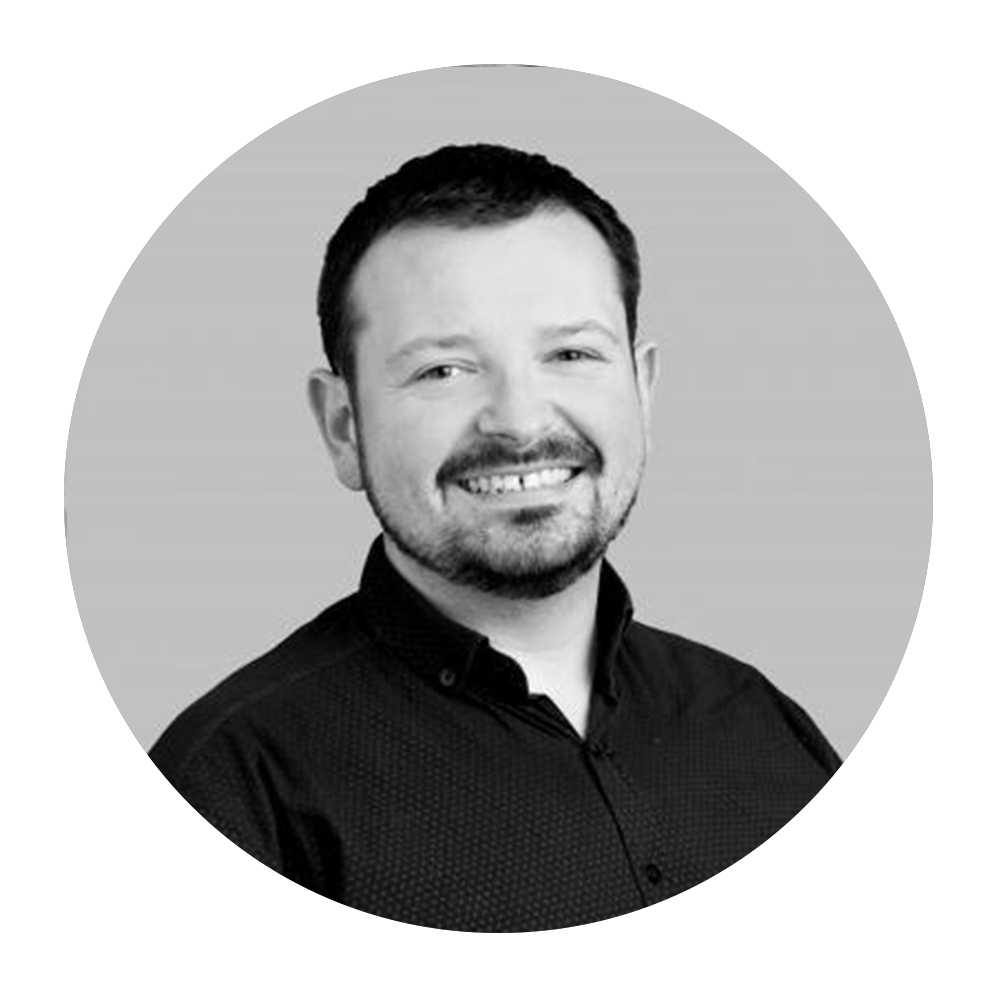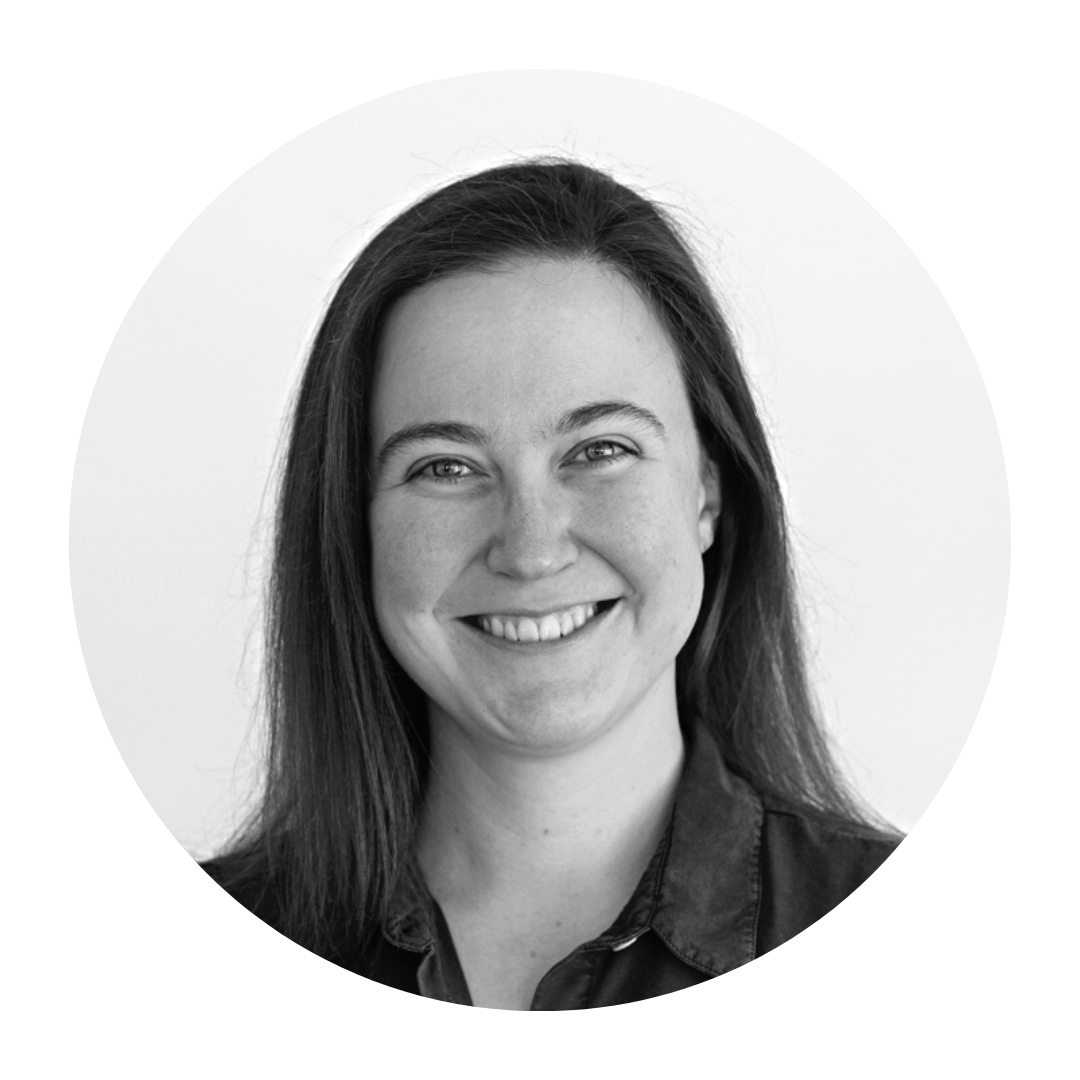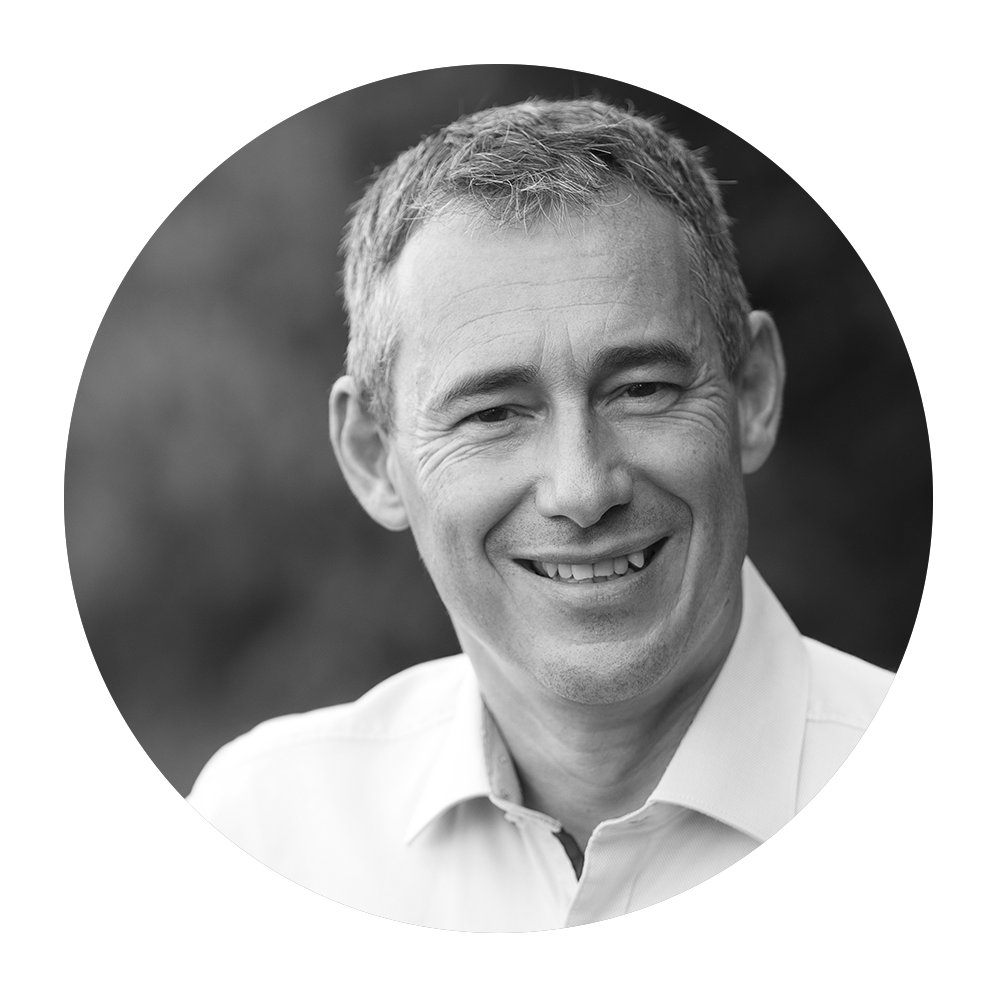
second edition of the Catalyst Lab
In autumn 2020, we launched the second Future Laboratory for Switzerland, the Catalyst Lab. Here you will find all about the second Catalyst Lab cohort and their impact!
Are you our next Catalyst? Signal your interest here.
CATALYST EXPERIENCES


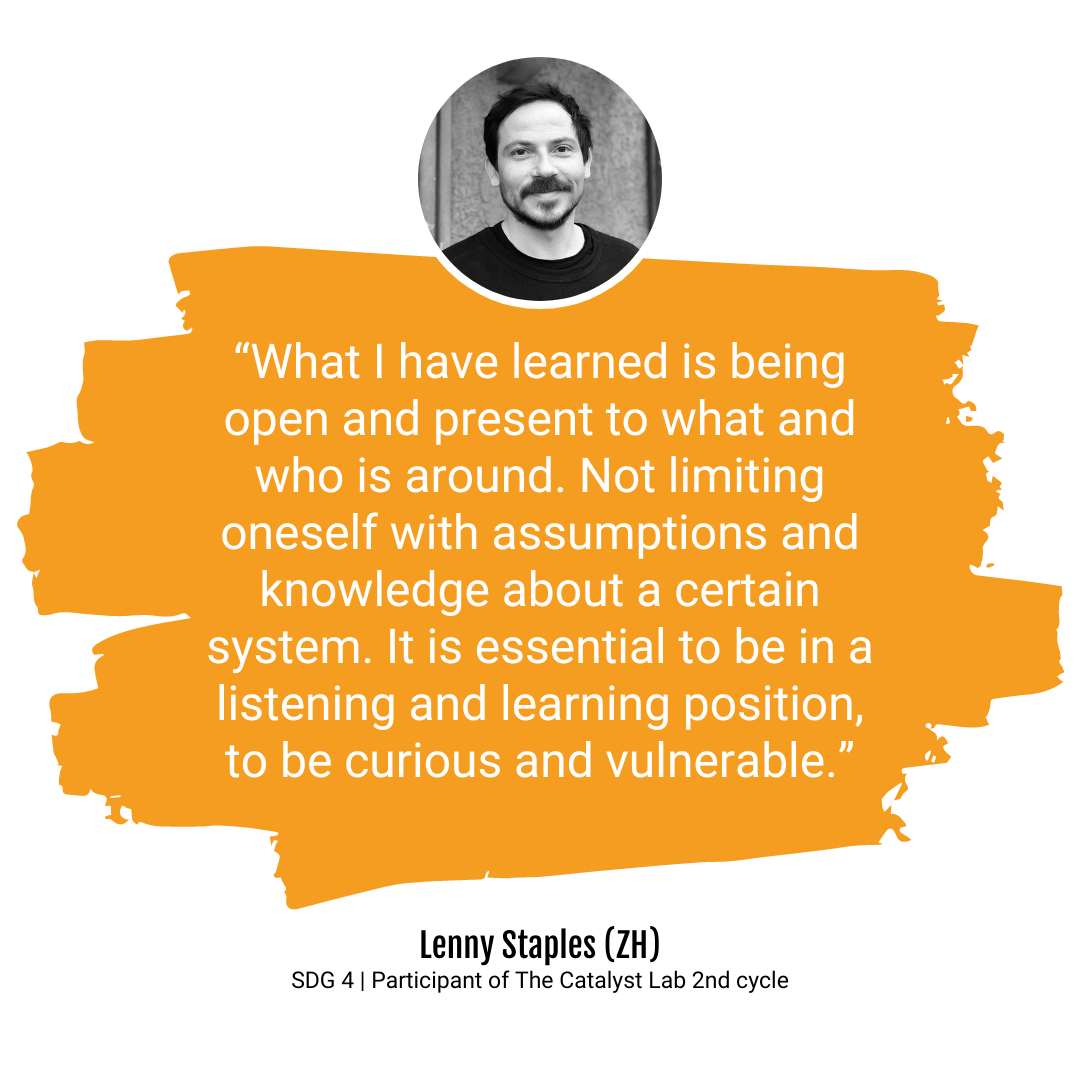


CATALYST LAB HAPPENINGS
Catalysts about their projects
Celia Hug
Author of "Suche Fern. Finde Nah"
Julia Bodin | Founder and CEO of "let's talk waste” & co-founder of Future of Waste
Silvano Lieger | Co-Managing Director Sentience Politics
Erik Turner
Process Enginer and VP at YES-Europe
Simon Dalcher
Global Shaper
Loukina Tille | Member of the climate movement and student
“Joining interdisciplinary communities outside of the health care sector enables me to more fully connect to my ideals and, to a certain extent, myself. During the Catalyst Lab, I came to better understand the sickness-care oriented system that I work in and deepen my conviction to learn more about its roots through ecosystem sensing as well as stakeholder interviews and dialogues.”
- Maya Cosentino (BE) - SDG 3 & 12
Maya Cosentino is a physician currently training to become a child and youth psychiatrist in Bern. She grew up as a staff child in a school and community for children and adolescents with special needs in the USA. In this community Maya developed an interest in the relationships and connections between health and the environment, community development and sustainability. She is a member of Think Tank 30, the young think tank of the Club of Rome in Germany, and is involved in promoting the “One Health” approach, which illuminates the connections and relationships between ecosystems, living organisms and health.
Are you a catalyst?
Michael Gerber - The role of the Agenda 2030 in Switzerland:
See the full cohort here:
"It was incredibly helpful to get detailed feedback on my current project description, the proposed design as well as the framing of the entire project during the Catalyst Lab. Also, I appreciated joining the other groups and learning from the issues that others are facing, as they are all quite similar."
- Silvano Lieger (ZH) - SGDs 2 & 12
Silvano Lieger is Co-Managing Director at Sentience Politics. In this position he is responsible for fundraising, communication and strategy of the organization, which promotes progressive politics for animals on different levels. Together with his team, Silvano wants to contribute to a systemic change in the food system - working towards a sustainable, small-scale farming system in which animal rights are recognized and respected in addition to dignity.
"An essential learning for me during the Catalyst Lab was accepting that things are more complex than we originally think and that we will not be able to influence the whole system, but that changing a part of the system will undeniably have effects in the whole ecosystem. Today I focus on employee engagement and more generally on society engagement through facilitating playful activities and holding spaces for deep generative dialogue."
- Julia bodin (VD) - SDGs 12 & 14
Julia Bodin is a trained environmental engineer. As part of her work for an NGO, she has committed herself to sustainable innovation in the field of marine resources and founded her own company "lets talk waste" in 2018. Her project won the first jury prize of the Social Impact Award of the Impact Hub Geneva & Lausanne in 2018. Julia Bodin believes in a playful approach to inspiring people to rethink their consumption habits and produce less waste.



















